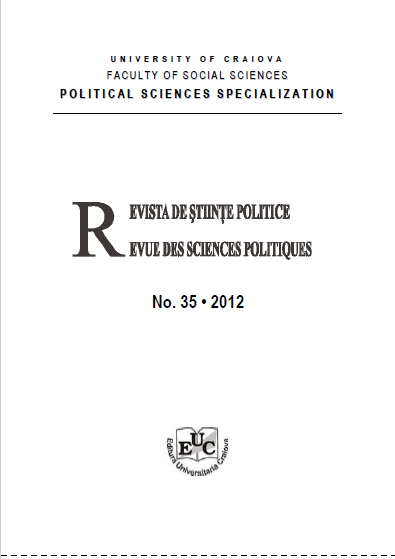The evolution of Romanian electoral system in the post-communist period: illusions about strengthening democracy
The evolution of Romanian electoral system in the post-communist period: illusions about strengthening democracy
Author(s): Elena CînceaSubject(s): Political history, Government/Political systems, Electoral systems, Post-Communist Transformation
Published by: Editura Universitaria Craiova
Keywords: electoral system; post-communism; democracy; political parties; voting behavior;
Summary/Abstract: The events of December 1989 have led to major changes of the Romanian constitutional and political system in line with the new political, legal, economic and social realities. Establishment of political pluralism as a condition sine qua non of constitutional democracy, imposed not only organizing periodic, free and fair elections for designating members of Parliament, but also a reform of the Romanian political class. The new political order had to be based on truly democractic principles and state institutions had to be the expression of the electorate. All these exigences implied a change of the electoral system, as the old provisions were incompatible with the new political regime. Since 1990, the electoral legislation has undergone extensive changes that were aimed at building a genuine democracy in Romania. The process of society democratization was slow, gradual and, unfortunately, still uncompleted. This approach seeks to realize a radiography of the electoral reform in the post-communist period and to analyze the extent to which this reform has contributed to the stregthening of democracy.
Journal: Revista de Științe Politice. Revue des Sciences Politiques
- Issue Year: 2012
- Issue No: 35
- Page Range: 162-174
- Page Count: 13
- Language: English

